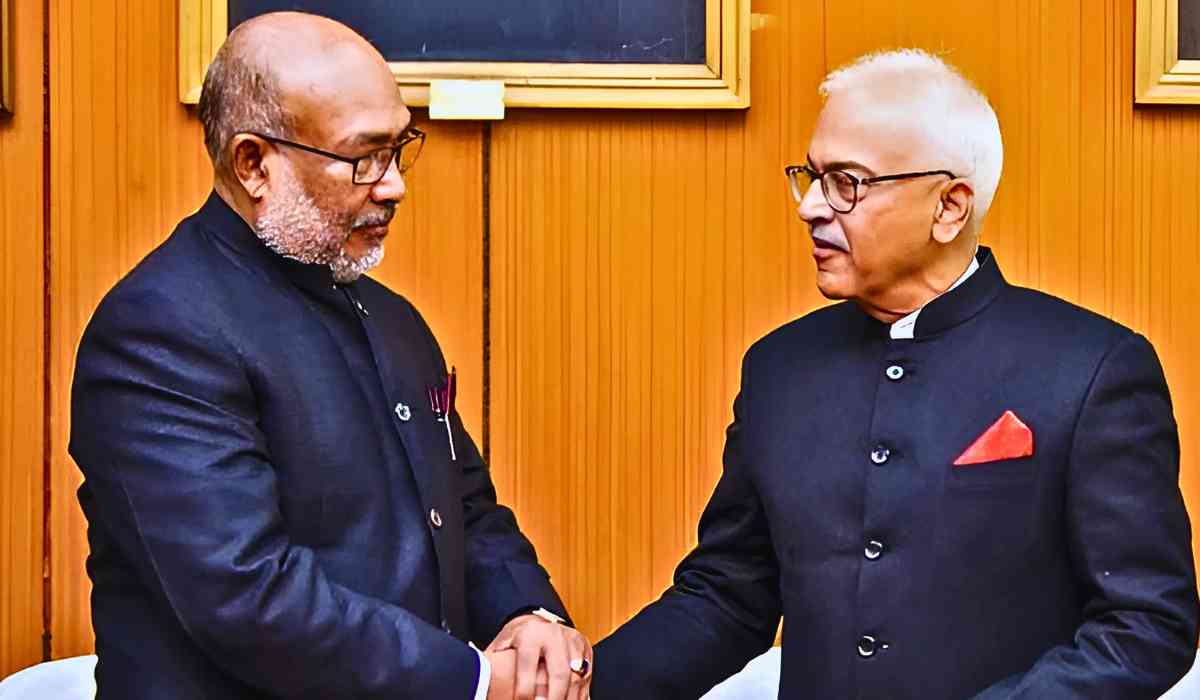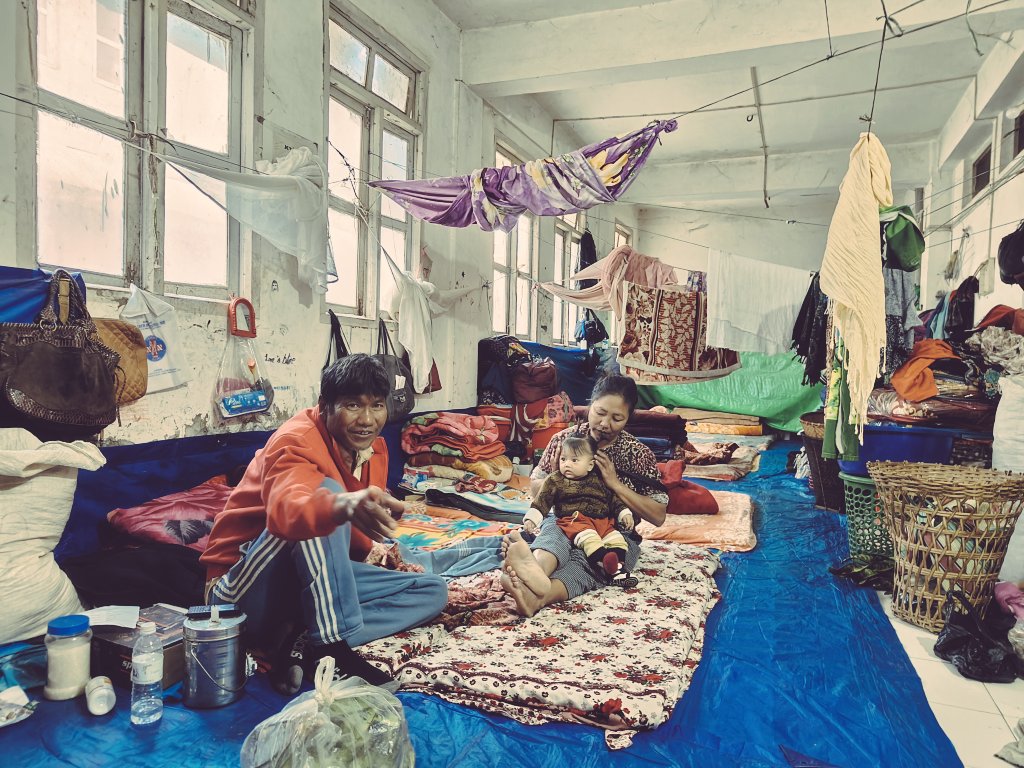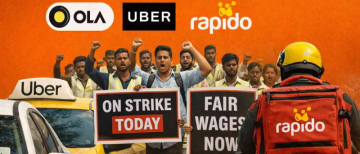Manipur has recently found itself under President's Rule, a significant move in Indian governance. This decision followed the resignation of Chief Minister N. Biren Singh amidst political instability and ongoing ethnic tensions. Let's break down what this means for the state and its people.

Understanding President's Rule
Think of President's Rule as a temporary intervention by the central government when a state government can't function properly. It's like a substitute teacher stepping in when the regular teacher is unable to manage the classroom.
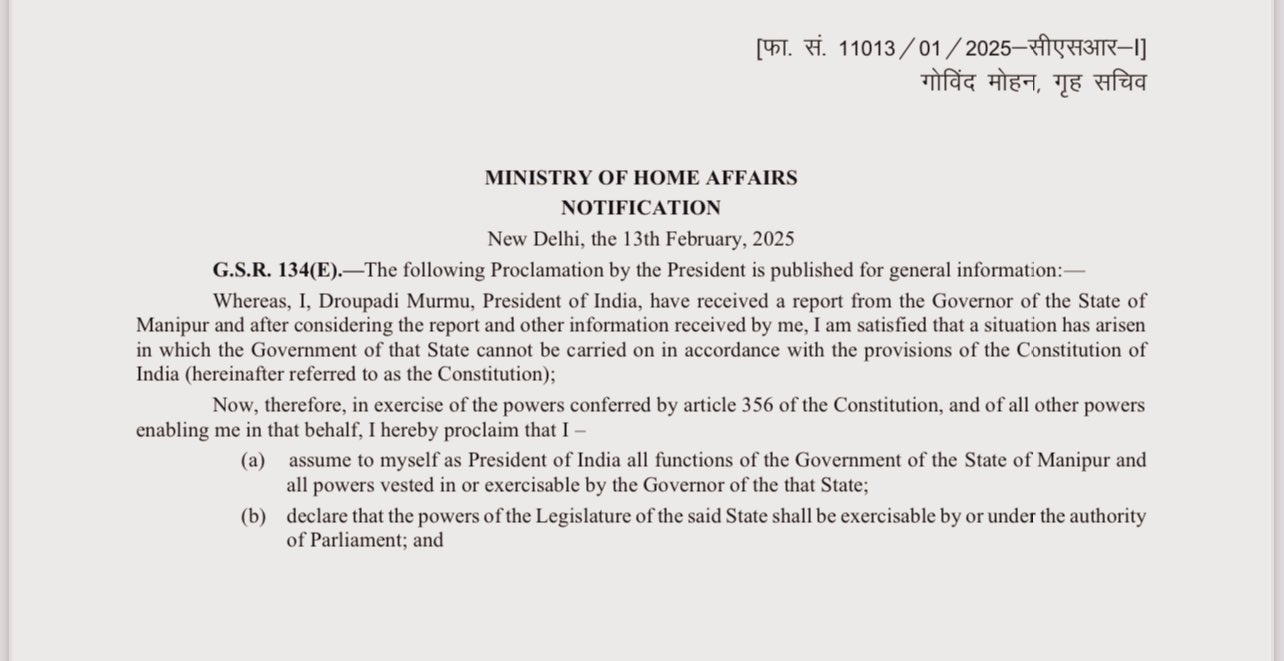
Legally, this intervention is enabled by Article 356 of the Indian Constitution. Here's how it typically unfolds:
-
Governor's Report: The Governor of the state, who represents the central government, sends a report to the President of India. This report details the situation in the state, explaining why the current government is unable to carry out its duties effectively.
-
President's Decision: Based on the Governor's report, the President decides whether to impose President's Rule. If the President agrees, a proclamation is issued, effectively taking over the state's administration.
-
Central Government Control: The powers of the state government are then transferred to the central government. The Governor becomes the representative of the President, and advisors may be appointed to assist in running the state.
-
Parliament's Role: The Parliament of India takes over the law-making functions for the state. This means that any new laws or changes to existing laws for Manipur will be decided by the national Parliament.
-
High Court's Independence: Importantly, the High Court of Manipur continues to function as normal, ensuring that the judicial system remains independent.
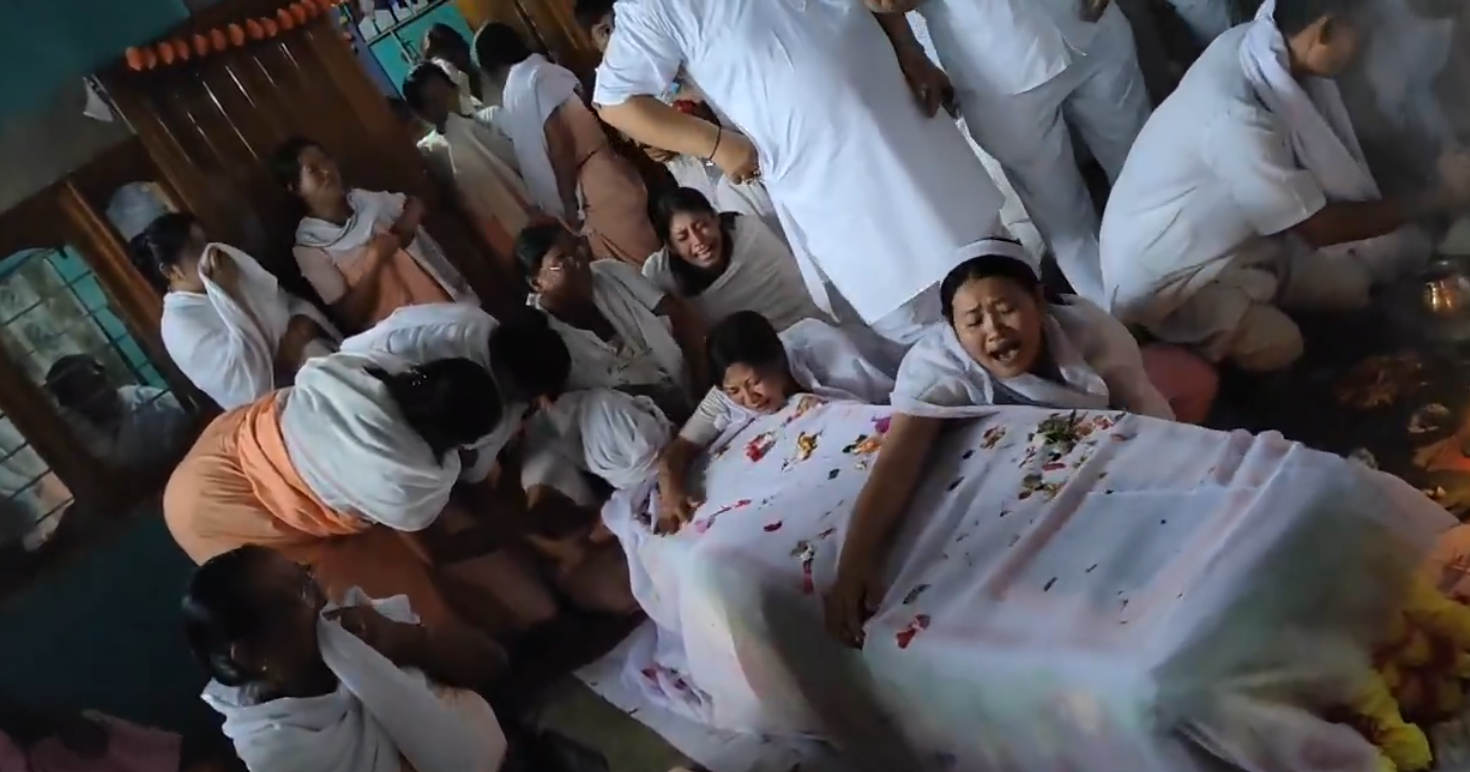
The Reasons Behind Manipur's Situation
Several factors contributed to the imposition of President's Rule in Manipur:
-
Chief Minister's Resignation: N. Biren Singh's resignation as Chief Minister was a key trigger. This followed political turmoil that made it impossible for the government to continue functioning effectively.
-
Withdrawal of Support: The National People’s Party (NPP), a coalition partner in the BJP-led government, withdrew its support. This left the government without a clear majority in the state assembly.
-
Ethnic Conflict: Since May 2023, Manipur has been gripped by violent clashes between the Meitei and Kuki-Zo communities. This conflict has resulted in numerous deaths, displacement of people, and a breakdown of law and order, making it difficult for the state government to maintain control.
-
Failure to Form a Stable Government: With the existing government collapsing and no consensus on a new leader, the President determined that President's Rule was necessary to prevent further deterioration of the situation.
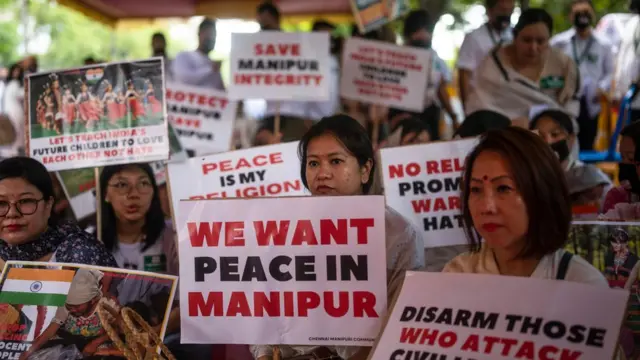
What This Means for the People of Manipur
President's Rule brings significant changes to the state:
-
Presidential Authority: The President of India now has the authority to govern the state, with the Governor acting as the President's representative.
-
Suspended Assembly: The state assembly is placed in suspended animation, meaning it is not actively functioning. This gives the central government time to assess the situation and decide on the next steps.
-
Central Government Management: The central government will oversee the administration of Manipur until a new government can be formed. This includes managing day-to-day affairs, maintaining law and order, and implementing development programs.
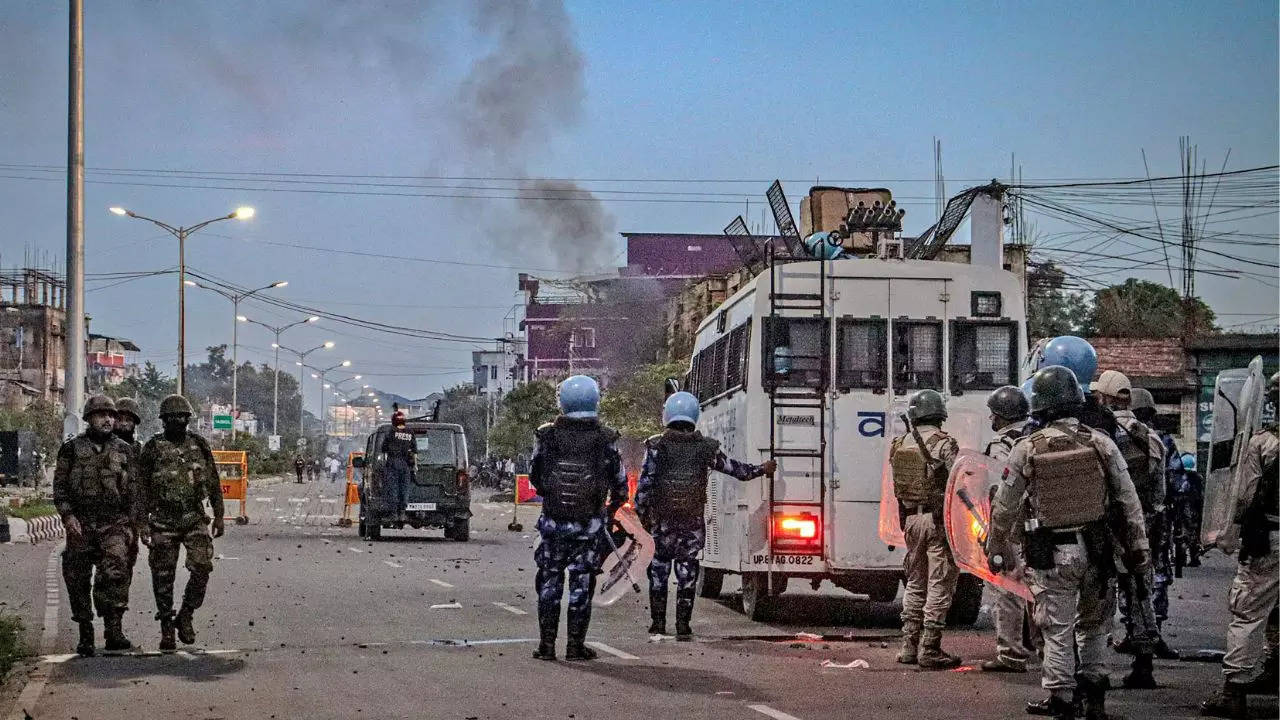
Historical Context and Future Prospects
President's Rule is not uncommon in India's history, having been imposed numerous times in various states. In Manipur's case, it marks the 10th time the state has been placed under President's Rule.
Looking ahead, the goal is to restore normalcy in Manipur and pave the way for a stable government. The central government will likely focus on resolving the ethnic conflict, promoting reconciliation, and ensuring fair governance. With elections scheduled for early 2027, there is time to find a lasting solution and ensure the state can function effectively once again. The hope is that this period of central rule will bring peace, stability, and progress to the people of Manipur.
With inputs from agencies
Image Source: Multiple agencies
© Copyright 2024. All Rights Reserved Powered by Vygr Media.

